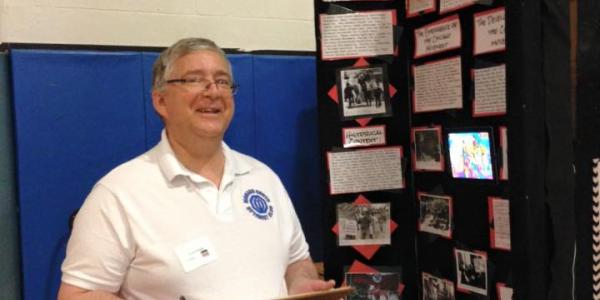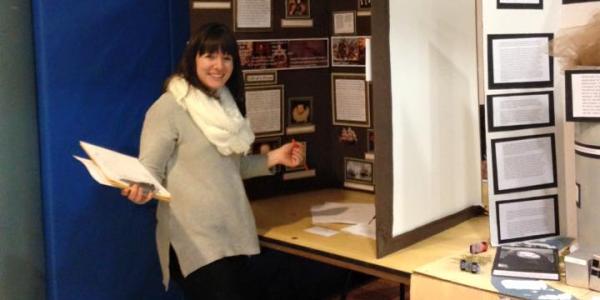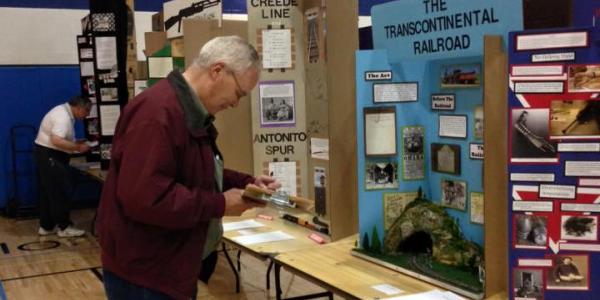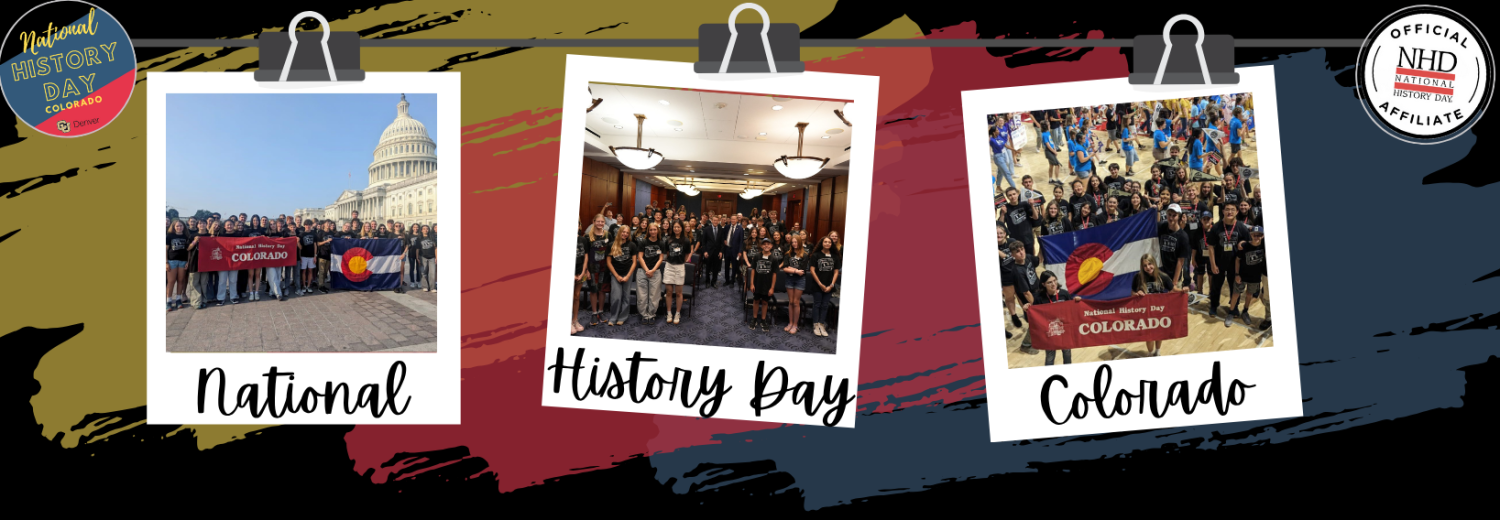The Basics

The Interview
-
The judging teams will interview the students as part of the judging process.
-
The judges use the interview as an opportunity to meet the students and learn more about the process the students used to develop their project.
-
Information that the students provide in the interview is not included in the judges' evaluation of the entry. For example, if students state clearly in the interview how their project relates to the annual theme, but the entry itself does not convey that information clearly, the judges cannot include the additional information that the students provided in the interview. Each entry must stand on its own, without any extra input provided during the interview.

Consensus Judging
-
Judges work as a team to rank the entries in their group.
-
Judges are required to consult with each other to determine individual rankings and provide feedback to the students by highlighting the strong features of each entry and suggesting possible enhancements.
-
Judges assign a final ranking to each entry by consensus.
-
The teachers will receive the evaluation forms at the end of the contest and return them to their students.

The Subjective Nature of Judging
Judges evaluate certain aspects of the entry that are objective (e.g., were primary sources used? Does the written material have correct spelling and grammar?). Judges must also evaluate aspects of the entries that are subjective (e.g., how well did students analyze and draw conclusions about the historical data?).
Historians often reach different opinions about the significance of the same data. Therefore, it is important for students to base their interpretations and conclusions on solid research. Judges will evaluate whether students used primary sources that were readily available, and if students were careful to examine all sides of an issue and present a balanced account of their research in their presentations. The process paper and annotated bibliography that the students prepare are important to assist the judges with this process.

The Decision of the Judges is Final
Students, parents, and teachers should realize that inadvertent inequities may occur in judging and that contest officials do want to be informed of any problems. Nonetheless, the decisions of the judges are final.

